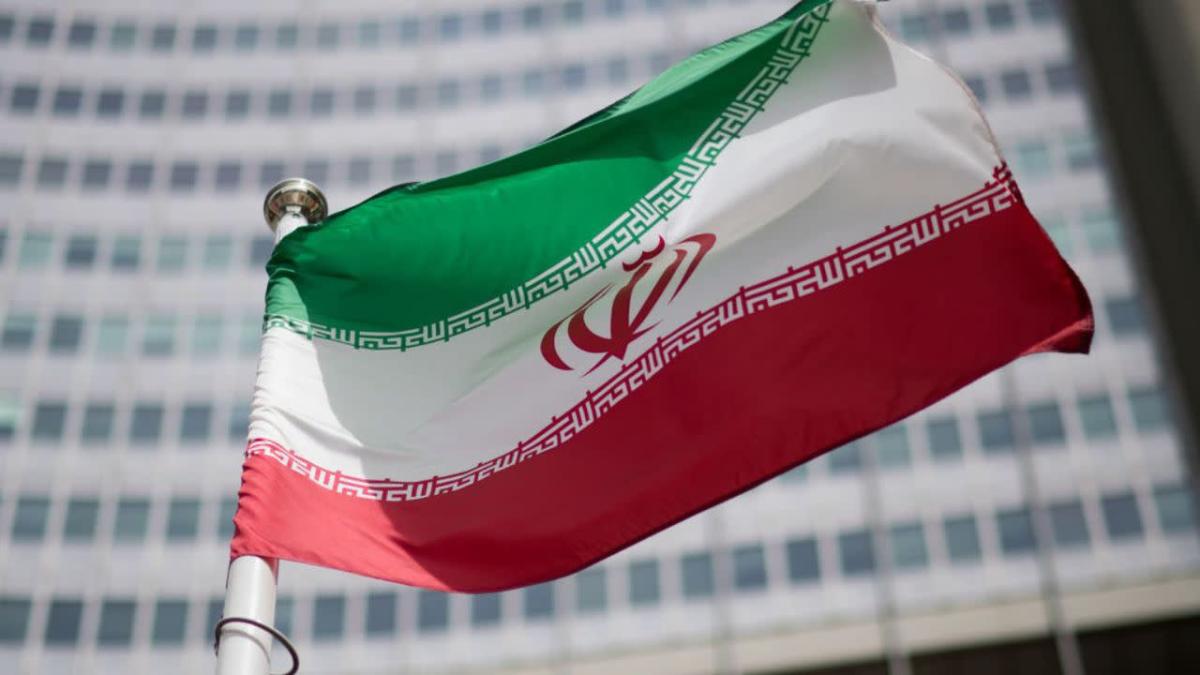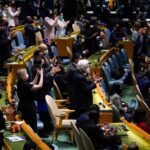
Officials from the U.S. and its European allies — France, Germany and the U.K. — say they won’t comply with Iran’s demand that an investigation into its undeclared nuclear activity be shut down as a condition for a deal.
Why it matters: Iran says the International Atomic Energy Agency (IAEA) probe is politically motivated, but its demand that it be shut down is a major remaining hurdle as the talks approach the finish line.
Get market news worthy of your time with Axios Markets. Subscribe for free.
The backstory: Over the past several years, evidence has surfaced suggesting Iran might have undeclared nuclear material in secret sites around the country.
-
Samples taken by UN inspectors who visited the sites only raised more questions, but Iran has declined to answer them.
-
Israel claims that’s evidence that Iran continued to hide parts of its nuclear program after joining the 2015 deal.
Driving the news: Iranian chief negotiator Ali Bagheri returned to Vienna earlier this week after consultations in Tehran for what may be the final days of negotiations.
-
U.S. officials say that although the parties are close to a deal, differences remain, including the IAEA probe issue and Iran’s demand that the U.S. remove the Islamic Revolutionary Guard Corps from its terror blacklist.
-
Washington continues to insist that if a deal isn’t reached within a matter of days, there will be no point in continuing negotiations.
What they’re saying: A senior Biden administration official told me that it was impossible for anyone other than IAEA Director-General Rafael Grossi to determine that open investigations had been resolved.
-
Grossi said Wednesday that his agency will never stop a process that it launched for “political reasons.”
-
U.K. negotiator Stephanie Al-Qaq tweeted that the European powers will always reject any attempt to compromise IAEA independence.
Like this article? Get more from Axios and subscribe to Axios Markets for free.




